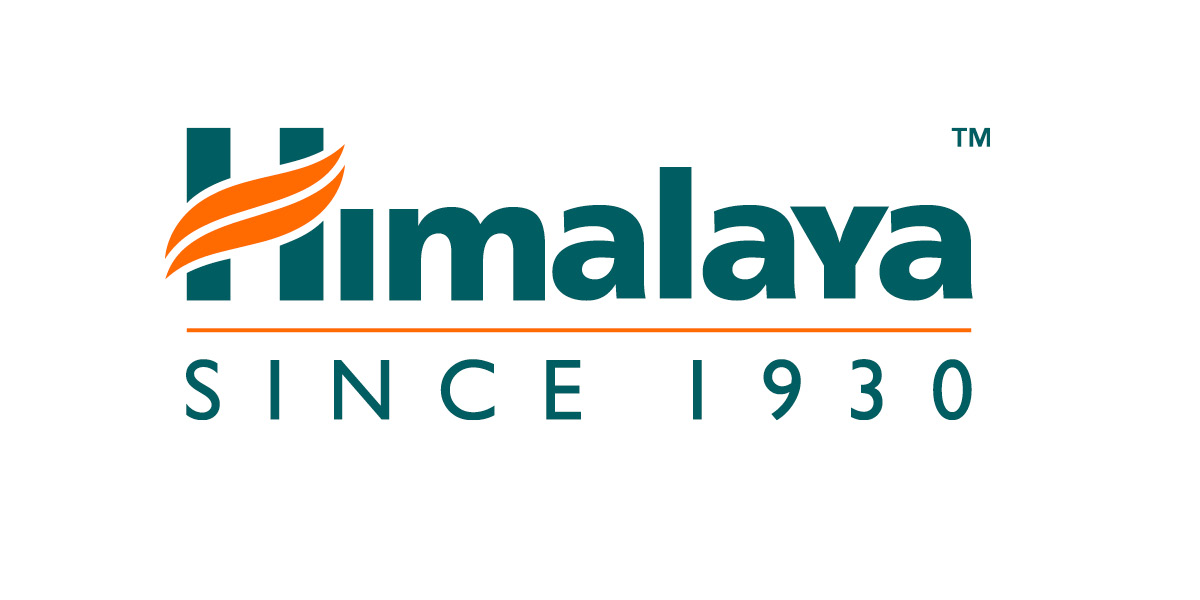FAQ
The directions on some Himalaya labels, for example, say: "Take 2 capsules daily before meals". When your directions say "before" or "after" meals, how long before or after a meal?
A good rule of thumb is 20 minutes before or 20 minutes after.
Can your supplements be taken ongoing for an indefinite period of time? Or do you have to take them for few weeks and then stop for a while?
All Himalaya formulas have been proven safe and effective and can be taken long term. We suggest your formula be taken for a minimum of three months to receive the best results.
However, we suggest the following as a general rule:
- If you have an immediate, short-term health concern, we recommend that you take the product until the concern is resolved.
- If you have an ongoing health concern (e.g. for stress, joint health, liver function, etc.), we recommend that you continue taking the product as long as the desired health benefits are being experienced, which could be for any long-term period of time.
I've heard in various media sources that the suggested serving is 1000 mg of Bacopa twice daily, but your label says take 1 caplet (750mg) per day before food. Can I take more than one of your Bacopa so that I can get to 1000 mgs per day?
The recommended serving on our Bacopa label is safe and effective because it was tested in clinical trials at the recommended serving conducted by Himalaya R&D. However, we always encourage our customers to discuss the serving different than on the label with a qualified healthcare provider.
I need to know if vitamin E in your products comes from corn and soy and if they are NON-GMO? As corn and soy are among out top allergens.
The vitamin E (tocopherol) is from sunflower oil.
Are your pure herbs okay for pregnant and nursing women?
We do not recommend Himalaya herbal formulations and pure herbs for pregnant and nursing mothers, but you can consult your healthcare provider to discuss herbal supplementation.
Can Ayurvedic supplements benefit customers, who are already using other types of supplements, like Chinese herbs?
Yes. Ayurveda is simply a system of medicine that can predict the appropriateness and effectiveness of an herb, however, there is nothing that separates an "Ayurvedic herb" from being used in any other system of herbal medicine. Keep in mind that turmeric, for example, is a very common "Ayurvedic herb", yet it is rarely identified as such. In fact, today many herbs used in traditional Ayurvedic medicine are commonly known herbal supplements, like Holy Basil, Garlic, Gotu Kola, Bacopa, and Ashwagandha.
What is "hydroxypropyl methycellulose" found in your capsules?
As the FDA requires that our labels properly identify our vegetarian capsules as "hydroxypropyl methylcellulose," which is the technical name for the one ingredient that is the plant-sourced capsule. This is the same material used in the two-piece, plant-sourced capsules found throughout the industry. It is often identified on labels as "vegetable cellulose" or other simple descriptions. Himalaya uses Vcaps®, which are widely used vegetarian capsules.
People get worried about products coming from other countries. What do you do to ensure the quality and purity of every product in your line?
For Himalaya, the complexity and timing of our entire "seed-to-shelf" process is highlighted by three important company mandates: purity, efficacy, and batch-to-batch consistency.
All of our products are produced in a U.S. certified GMP facility, with batch testing at THREE points in the process: after harvest, after the extraction, and after final tableting or encapsulating. These tests include potency, profile, heavy metals, microbial count, and pesticides. Further, because our products do come into the country we are confident that no other product on the shelves under goes more quality assurance that Himalaya products.
THESE STATEMENTS HAVE NOT BEEN EVALUATED BY THE FOOD AND DRUG ADMINISTRATION. THESE PRODUCTS ARE NOT INTENDED TO DIAGNOSE, TREAT, CURE OR PREVENT ANY DISEASE.
